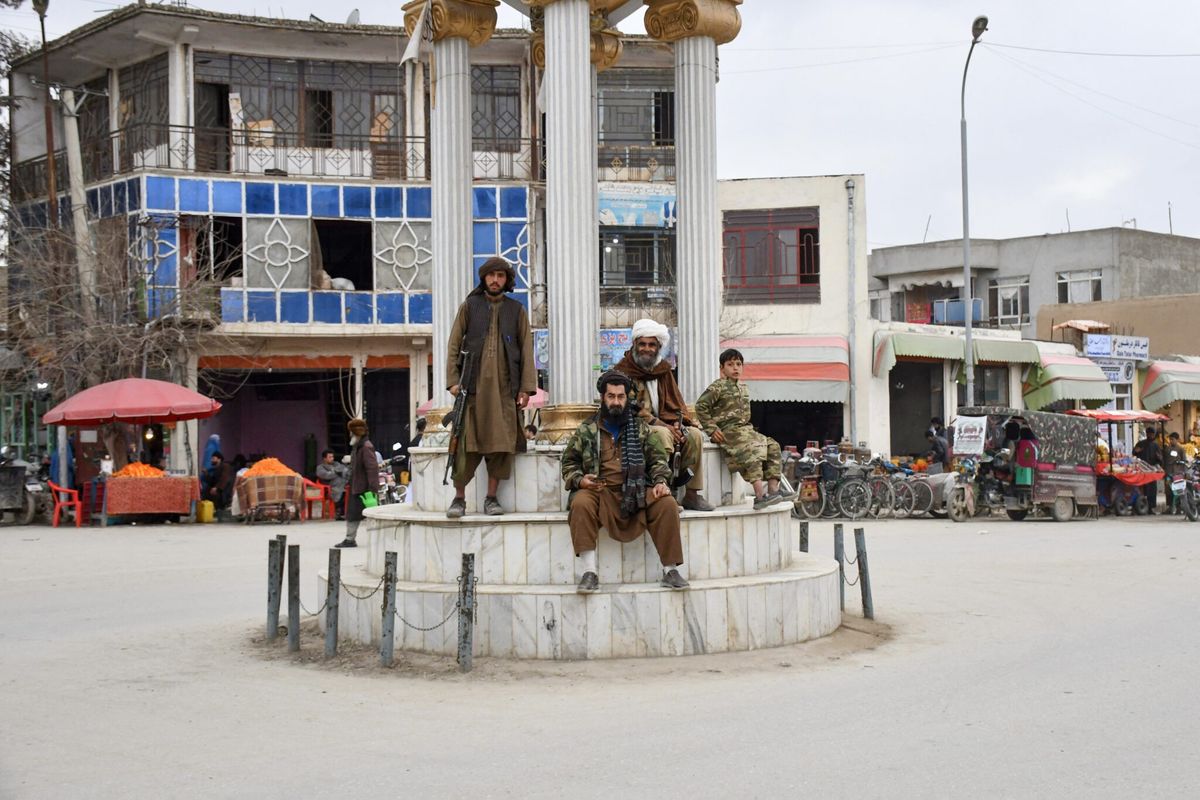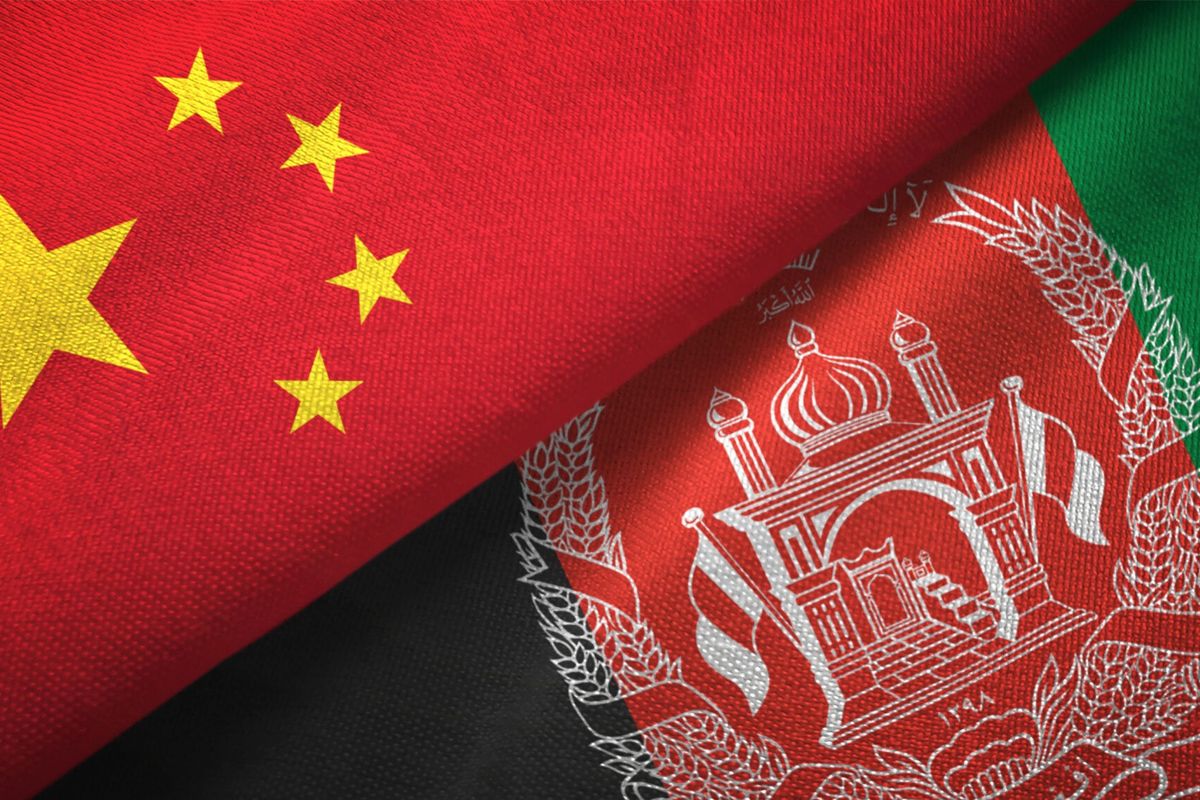The latest devastating attack by the Taliban in Kabul raises the question about the ongoing capabilities of the insurgency. Jeffrey Eggers, a former assistant to Presidents Bush and Obama and currently a senior fellow at New America, told The Cipher Brief that the car bombing does not mean the Taliban is ascendant, and there remains a strategic stalemate between the Taliban and Afghan security forces, highlighting the need for a political process in the country.
The Cipher Brief: Some reports claim that the Taliban is at its strongest since 2001. What is your assessment of the Taliban’s current strength and capabilities? What does Tuesday’s attack demonstrate about the Taliban’s abilities?
Jeffrey Eggers: Spectacular attacks such as today’s tragic car bombing in Kabul are not a reflection of military strength, nor are they a reflection of a desperate insurgency. Rather, they are a tool of terrorism leveraged by weaker insurgents to intimidate and discredit the government by targeting soft targets. The Afghan Taliban may be making some tactical and operational military gains outside of Kabul as the Afghan Security Forces consolidate their positions to a more defensible and sustainable footprint. But this bombing does not suggest that the Taliban are ascendant, nor do they have anywhere near the control they had in 2001, at which point they owned much of the country.
Overall, the military dynamic essentially remains a back-and-forth strategic stalemate between the Afghan Taliban and the government forces. That reality is disastrous when juxtaposed against the U.S. and international sacrifices and investments in Afghanistan. But a stalemate is also an opportunity, as it is often a necessary pre-requisite to the commencement of talks. More than anything, this bombing was a stark reminder to the world that the conflict in Afghanistan is far from over, and the tragedy again highlights the need for a political process to begin the difficult process of resolving the decades of persistent conflict in Afghanistan.
TCB: Last week, the Taliban declared that it would be launching a “spring offensive.” What is this strategy?
JE: The Taliban’s formal opening of their “spring offensive” is a perennial tradition that is mostly an opportunity for messaging and updating propaganda. Experts will look for nuance in the messaging to discern shifts in their strategy or policies, but these announcements are a standard annual messaging ritual — nothing more. Many commentators have interpreted the announcement as a categorical rejection of the Afghan government’s offer for peace talks, but that interpretation oversimplifies the matter. For both sides, the option of talking while the fighting continues is very real and not without precedent. The two activities seem like opposites, but they are not at all mutually exclusive. In fact, historically speaking, intensification of conflict often precedes the initiation of peace talks, and fighting often continues even as two warring parties commence talks toward peace.
TCB: Where are the current Taliban strongholds in Afghanistan and Pakistan?
JE: The Taliban continues to control territory in their traditional rural Pashtun strongholds, such as Helmand Province and the Provinces in the east bordering Pakistan, such as Kunar and Khost. In Pakistan, they enjoy some degree of sanctuary in the southwestern territory of Baluchistan and in and around its capital city of Quetta, and in the semi-autonomous tribal areas south of Peshawar.
TCB: There are claims that Pakistan continues to serve as a safe haven for the Taliban. Has the Pakistani government worked to crackdown on the Taliban inside its borders?
JE: Pakistan’s senior government officials, to include its army leadership, have stated repeatedly over the last year that they would no longer differentiate between “good” and “bad” Taliban fighters, and that Pakistan would support and facilitate a peace process by pressuring the Taliban toward talks. However, Pakistani leadership is leery of creating a new enemy of the State, so they will likely set real limits to how far they’re willing to squeeze the Taliban. The Kabul government has not yet seen a discernible impact of Pakistani pressure on the Taliban.
TCB: How could Tuesday's attack affect U.S. policy in Afghanistan moving forward?
JE: The Taliban’s claim of responsibility for the recent tragic attack in Kabul exposed Taliban willingness to kill innocent civilians when they cannot compete on the “traditional” battlefield. More significantly, it may say something about Taliban policy, as it suggests that they are willing to take public ownership of deliberately killing civilians, something that their previous leadership under Mullah Omar had sought to reduce.
In terms of U.S. policy, these types of attacks have unfortunately occurred with regularity over the last five years, and they will likely continue. I don’t expect that this particular incident will result in any meaningful shift in U.S. policy, but it does bring needed attention to the continued suffering and casualties caused by the conflict, and further underscores the urgency of bringing the parties together for political talks that could diminish the intensity of the violence.












